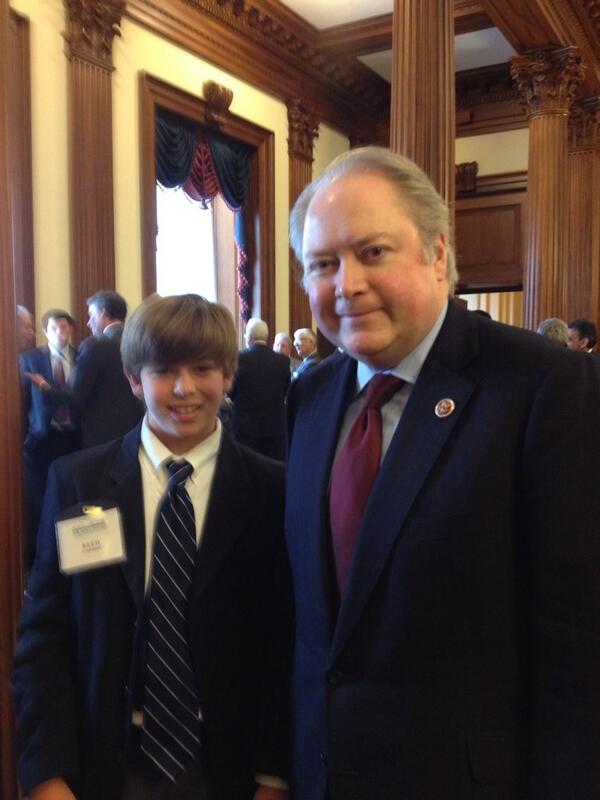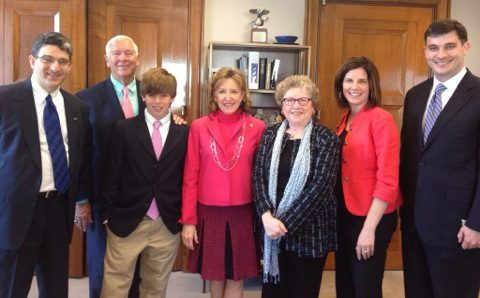Use of Handheld Devices in Meetings
Moving Beyond the Charge of Rudeness to an Environment of Cooperation and Understanding
A few weeks ago, during the NCAA Basketball tournament, I heard an XM Radio interview (I cannot recall if it was on ESPN or some other station) of Rick Pitino, coach of Louisville Cardinals. He was discussing his leadership style, specifically answering questions regarding the prevalence of use of handheld devices by young athletes, and the difficulty with discipline that is caused by constant use. Basically, he has a “no device” rule whenever one of his college basketball players is in his presence. No devices are allowed in the locker room, no devices are allowed during practice, no devices are allowed during team meetings, and no devices are allowed when the team has meals together.
I have to admit that until recently I was in agreement with Mr. Pitino when it came to my view on the use of hand held or portable devices during meetings , whether with clients, partners or other professionals. For some time now, however, I have been making a concerted effort to observe the use of portable electronic devices by others in public settings. Though I hate to disagree with a basketball coach with such a great win loss record (and I dread his entry into the ACC next year because of his great success ), my observation has led me to the conclusion that communication expectations in society have changed, and nowhere is this more true than in the practice of law. In the past, law firm leaders seem to have opted for solutions which appease those lawyers who are most averse to the use of personal devices in meetings. I propose that tendency should change.
Client meetings and communications
As the leader of a law firm, your recommendations regarding use of technology should always focus on quality service when it comes to clients. Some clients come to meetings with tablet in hand, and would not expect anything different of legal counsel. These clients understand the importance of being connected, and expect you to be as well. They also appreciate that having a device with you does not mean you’re necessarily not paying attention, playing a game or checking personal emails every time you glance away. True, they want your attention at meetings they are paying for you to attend, but are not offended by your technology. In fact, a lack of personal technology availability can work to the detriment of a lawyer in a client meeting, since the presence of handheld devices is a sign of the availability of information. In other cases however, some clients may be less technologically savvy. The bottom line is that in order to meet and exceed client expectations it is important that lawyers know their clients well. It is incumbent upon law firm leaders that to include in firm training, sessions which encourage firm members to know and understand their clients; their needs, expectations and desires when it comes to communication, which is an integral part of quality service.
Colleagues and firm meetings
Whether the use of technology is a help or hindrance comes up as an issue most often when considering the use of handheld devices, or their presence, at meetings; meetings of partners, firm attorneys, executive committee, Bar Association Meetings, etc. It was not so long ago that I was known to simply “flat out” prohibit handheld devices at partner meetings and retreats. I’ve come a long way in my thinking however. Even 10 years ago, very few professionals regularly brought handheld devices to meetings. I now do not only believe that it is only a majority of folks who do, but truly the exception is actually when someone does not have their handheld device at a meeting.
It is true that some folks may be using these devices to “goof off” instead of pay attention. My observation however is that the world has changed, and handheld devices now provide access, response and security. Regardless of where an attendee stands on the technology spectrum, all should understand that clients have expectations, and with changing lifestyle demands, productive firm members need the security of “connectedness” with their family at all times (especially those with young children).
Given the potential for distraction due to misuse, but considering the demands of a rapidly changing world, law firm leaders need to find solutions that work for all firm members. Members need to be open to have discussions about proper use during meetings, and the need to use discretion in only answering or responding to emails when it is a true client or family emergency or demand. Those with negative attitudes about the use of handheld devices during meetings (which usually includes at least a few dinosaurs who have held on as non-adapters) need to be involved in the discussion, and led to understand that limited/controlled use during meetings is not only acceptable, but encouraged when safety, security or client satisfaction is the concern.
The days of exclusive mandatory rules, procedures and penalties are over. Both the means and mode of communication have changed. Young and old alike are demanding and expecting collaborative, inclusive and understanding leadership. Firm leaders must find solutions that meet the needs of all stakeholders if they expect to retain valuable firm clients, as well as the best and brightest legal talent.


![Bk-Nfe0IQAEfV8z[1]](https://www.tomgrella.com/wp-content/uploads/2014/04/Bk-Nfe0IQAEfV8z1.jpg)

![just_say_no[1]](https://www.tomgrella.com/wp-content/uploads/2014/04/just_say_no1.gif)